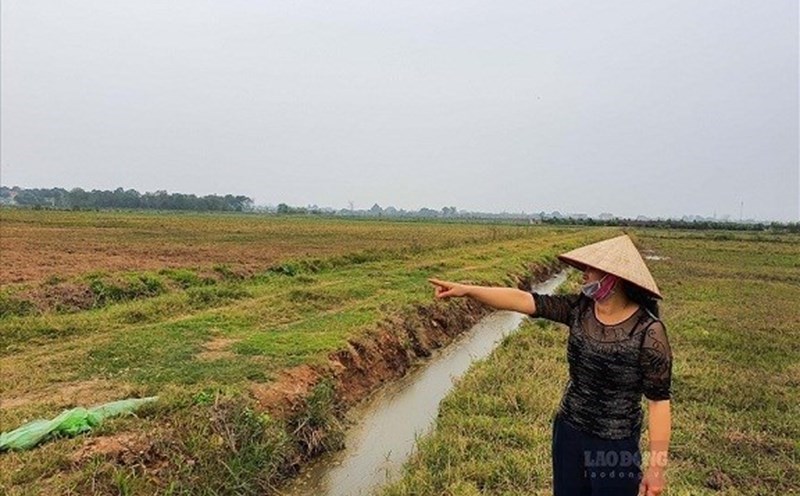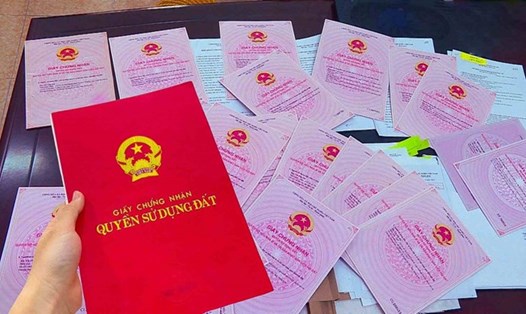Assessing 01 year of implementing the 2024 Land Law and the orientation for amending the Land Law, the Ministry of Agriculture and Environment said that land acquisition, compensation, support, and resettlement revealed some shortcomings.
According to the Ministry of Agriculture and Environment, the 2024 Land Law has more specifically regulated cases of land recovery for socio-economic development for national and public interests.
Although there has been an expansion of land acquisition subjects compared to the scope of land acquisition of the 2013 Land Law, there are still certain limitations as follows:
There is still a distinction between projects using public investment capital and projects using investment capital, which does not ensure equality in land access among economic sectors.
There are no regulations on land recovery for land allocation and lease to serve projects with specific requirements for investment locations, especially projects with foreign investment capital subject to investment incentives and incentives.
In practice, there have been urban renovation and reconstruction projects combined with multiple targets, projects in free trade zones, international financial centers, logistics projects, etc. These projects use large areas, projects with driving forces to promote local socio-economic development, contributing large revenues to the state budget from land use fees, land rent, taxes from added values, creating many jobs for local workers, promoting the development of ancillary business services in the project area but there are no regulations on the State reclaiming land, causing difficulties for project implementation.
In the context of the current trade war, many export production projects are negatively affected and unstable. Meanwhile, there are investment projects in industries and fields that are not dependent on exports and are not affected by trade wars, helping to create autonomy for the economy such as tourism, trade services, culture, sports, etc.
Therefore, there should be policies to encourage the development of these sectors, including mechanisms to facilitate land access through the form of land recovery by the State.
Projects that are not subject to land reclamation by the State and must negotiate the transfer of land use rights in practice are facing difficulties due to the inability to reach agreements with land users. This leads to a situation of "suspended projects", causing waste of land resources, slowing down investment progress.
In addition, land recovery in practice still takes a lot of time, there is no specific and flexible mechanism to allow land recovery before or at the same time as approving compensation, support, and resettlement, for urgent projects, national key projects, or for cases where people agree to hand over the site before completing compensation, support, and resettlement; or land recovery in cases where people voluntarily hand over land without receiving compensation, not receiving houses, resettlement land, etc.
On the other hand, according to current regulations, compensation land prices are specific land prices, while the resettlement land price is determined according to the land price list, which makes people whose land is recovered often require high compensation land prices, causing difficulties in compensation, site clearance, and arising complaints, while specific land valuation methods still face many difficulties, not ensuring absolute accuracy, or people whose land is recovered need to be compensated with land or allocated resettlement land to increase benefits. This has led to an increase in compensation, support and resettlement costs in some cases, affecting investment efficiency, especially public investment.
Therefore, it is necessary to continue studying regulations on land recovery, compensation, support, and resettlement to shorten the implementation time but still ensure the rights of people whose land is recovered and owners of assets attached to land.











